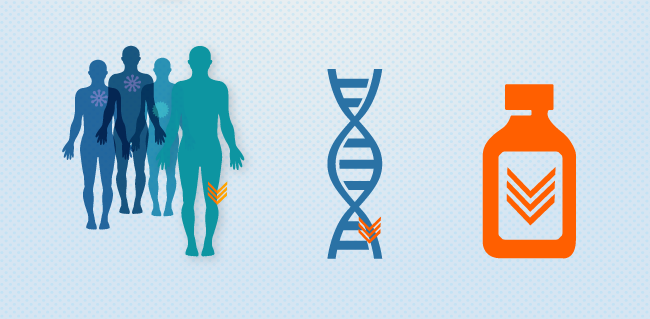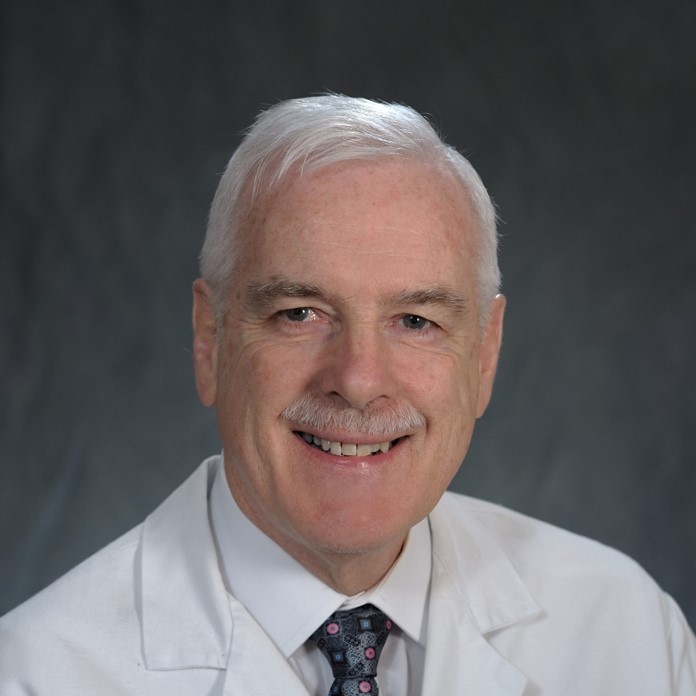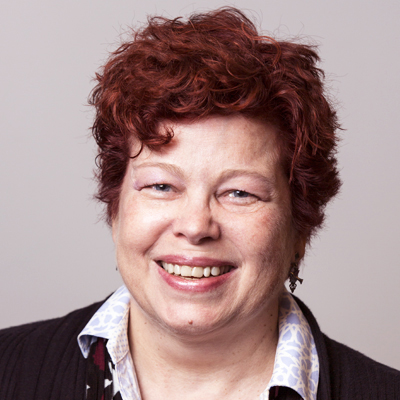
Trial Spotlight: Nadine Tung on the EA1181/CompassHER2 pCR Trial for HER2-Positive Breast Cancer
April 15, 2022
Enrollment in TMIST Breast Cancer Screening Trial Surpasses Halfway Mark; Recruitment of Women from Diverse Backgrounds is Key to Success
April 15, 2022NCI-MATCH: The Blueprint for Future Precision Medicine Trials

Nearly seven years ago, the ECOG-ACRIN Cancer Research Group (ECOG-ACRIN) and the National Cancer Institute (NCI) jointly launched a very different kind of cancer study. The NCI-MATCH precision medicine cancer trial sought to match genetic abnormalities driving patients' tumors with approved or experimental drugs targeting those molecular defects. The type of cancer did not matter.
At the time of development, the size and scope of NCI-MATCH had never before been attempted. It remains the largest precision medicine cancer trial to date, with 39 unique treatment arms. It is the first national-scale clinical trial in the United States to incorporate centralized diagnostic testing and geographically distributed clinical investigation of dozens of treatment options in parallel (Flaherty KT. J Clin Oncol. October 2020).
It was an enormous undertaking to develop the necessary infrastructure for the national trial across all cancers. Once the trial opened, ECOG-ACRIN's role expanded to include coordinating the genetic testing and supporting trial sites with training, laboratory services, trial assignments, biostatistical support, data management, auditing, quality control, and public awareness.
Together, ECOG-ACRIN and the NCI have built a vast knowledge base and laid the groundwork in multiple areas that are defined in several publications and summarized here:
- Assembled the largest dataset ever compiled on patients (n=6000) with tumors that have progressed on one or more standard treatments
- Established the proportion of relapsed, refractory cancers of various histologies that may respond to drugs targeted to molecular alterations (Flaherty KT. J Natl Cancer Inst. January 2020)
- Set benchmarks for the utility of next-generation sequencing in clinical trials (Flaherty KT. J Clin Oncol. October 2020)
- Demonstrated the broad interest among physicians (more than 1100 participating hospitals and cancer centers nationwide)
- Developed a pathway for patients to enter the trial using standard tumor gene tests ordered by physicians to guide clinical care (no new biopsy needed for eligibility determination), and designated nearly 30 commercial and academic laboratories to participate
- Proved that tumor testing by many laboratories is an effective way to identify patients, evidenced by a high concordance rate between external lab assays and the central assay
- For rare cancers, showed that a precision medicine trial across all cancers is an effective way to study uncommon diseases, exceeding expectations in the enrollment of these patients
- Defined 'precision' (O'Sullivan Coyne G. Curr Probl Cancer. May-June 2017)
- Developed a central assay platform with a commercial partner
- Set considerations for central assays in future trials (Lih CJ. J Mol Diagn. March 2017)
- Established a validated computational platform (MATCHbox) for treatment allocation
- Validated immunohistochemical assays for integral biomarkers (Koury JD. Clin Cancer Res. February 2018)
To researchers’ knowledge, NCI-MATCH is the first attempt to establish the likelihood of identifying targeted investigational therapeutic options within a clinical trial cohort representative of the population of patients with advanced refractory cancers (Flaherty KT. J Clin Oncol. October 2020).
 "The depth and breadth of expertise among the investigators and staff involved in NCI-MATCH is unprecedented and includes hundreds of translational scientists, clinical oncologists, community practitioners, research personnel, and advocates, all with deep experience in clinical trials," said Peter J. O'Dwyer, MD, group co-chair of ECOG-ACRIN, which is co-leading the trial with the NCI.
"The depth and breadth of expertise among the investigators and staff involved in NCI-MATCH is unprecedented and includes hundreds of translational scientists, clinical oncologists, community practitioners, research personnel, and advocates, all with deep experience in clinical trials," said Peter J. O'Dwyer, MD, group co-chair of ECOG-ACRIN, which is co-leading the trial with the NCI.
Ultimately, NCI-MATCH is a demonstration of leadership and cooperation among ECOG-ACRIN, the NCI, the NCI Clinical Trials Network (NCTN) cooperative groups, pharmaceutical and biotechnology companies, genomic testing laboratories, participating clinical sites, and physicians. In addition, patient advocates were engaged in developing the trial and are giving input on its implementation.
 "NCI-MATCH is influencing how cancer clinical trials will be designed and conducted in the future," said Lyndsay Harris, MD, a medical oncologist at the NCI, Associate Director of the NCI's Cancer Diagnosis Program, and NCI study co-chair for the overall NCI-MATCH trial.
"NCI-MATCH is influencing how cancer clinical trials will be designed and conducted in the future," said Lyndsay Harris, MD, a medical oncologist at the NCI, Associate Director of the NCI's Cancer Diagnosis Program, and NCI study co-chair for the overall NCI-MATCH trial.
Moving Forward
ECOG-ACRIN is continuing to offer its expertise in precision medicine cancer trials through its Developmental Therapeutics Committee, led by Keith T. Flaherty, MD (Massachusetts General Hospital Cancer Center). Recently, this committee expanded and formed a new Genomics Subcommittee and named Kristen Spencer, DO, MPH (Rutgers Cancer Institute of New Jersey), as its first chair. The committee has about 20 members currently, who plan to develop molecularly-informed concepts—particularly combination concepts—to move forward through ECOG-ACRIN and PrECOG.
Dr. Spencer explained in a recent interview that the combination concepts could include immunotherapy, targeted therapies, chemotherapy, and radiation therapy. Members actively engage with industry partners and help them develop these types of concepts with novel compounds—particularly in areas like rare tumor subtypes.
Read this companion article Now Enrolling: ECOG-ACRIN opens a new NCI-MATCH treatment arm for dMMR and LAG-3-positive cancers as it continues to locate patients with BRAF mutations.
Learn more about NCI-MATCH at ecog-acrin.org
Questions? Send an email to the trial team.
NCI-MATCH is sponsored by the NCI, part of the National Institutes of Health. ECOG-ACRIN is co-leading the trial with the NCI. Other NCI-funded network groups are participating: Alliance for Clinical Trials in Oncology, Children’s Oncology Group, NRG Oncology, and SWOG Cancer Research Network.
![ECOG-ACRIN logo[19516]275×75](https://blog-ecog-acrin.org/wp-content/uploads/2021/03/ECOG-ACRIN-logo19516275x75.png)
